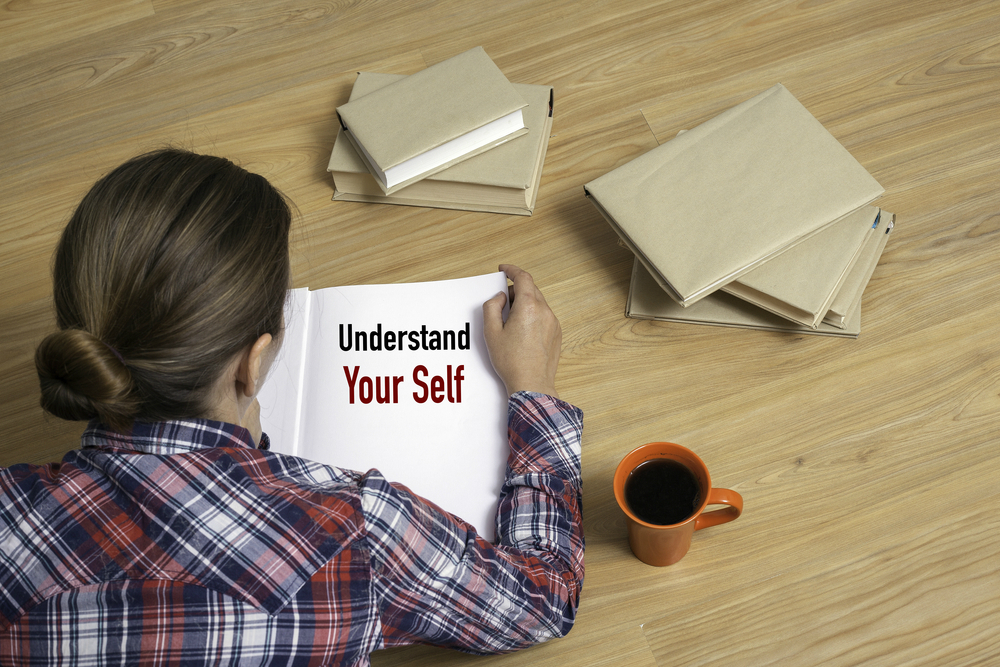As the manager of a blog for an online therapy company, I frequently encourage my friends, family members and acquaintances to work with a psychotherapist for the first time. Psychotherapy improved my mental health and has helped me achieve much of what I want, so I try to give them the same opportunity.
Unfortunately some of them dismiss it. One of the most commons rationales for refusal is,
“Why would I pay so much for a therapist when I can buy a bunch of self-help books?”
This question irritates me, but it’s valid. There are similarities between going to therapy and reading self-help books. Both help people become better versions of themselves, live happier lives, succeed more and learn about life. There are even thousands of self-help books for issues therapists often assist clients with: mental illness and health, relationships, addiction, grief, trauma — everything you could think of and more.
The differences are much bigger, though. Dismissing therapy as equal to self-help books ignores the unique benefits of working with a therapist.
Self-help books have inherent limitations. The authors aren’t writing the books only for you. They are hoping at least a little bit of their advice applies to you, enough for you to feel like the book was worth buying.
If your life changes and the book no longer applies, it’s not like the book is going to magically transform to suit you. This is especially annoying if it happens immediately after you buy the book but before you read it.
Now imagine a limitless library full of self-help books, a library that releases updated editions of the books every time your life changes. The authors wrote all of these books for you, only you. This is part of what therapy is.
Self-help books can’t keep you accountable either. A book isn’t going to call you on your crap if you haven’t met any of your resolutions and are making flimsy excuses for it.
Therapists can hold you accountable and gently keep you on course. They’ll do it in a nice way. When I’m not working toward what I tell my therapist I want — or maybe I’m dragging my feet — he calls me on it. He kindly reminds me of what I have said and what is reasonable for me to do.
Speaking of my therapist, he has decades of training in psychotherapeutic techniques that work, according to hundreds of studies on psychotherapy and volumes of research. Unfortunately a lot of self-help authors don’t have a fraction of this experience or expertise. Some of them don’t even bother to use evidence to back their arguments.
Sometimes the term “self-help book” is a misnomer. Many self-helps books contain platitudes that make you feel better temporarily but don’t actually help you in the long-term. The authors are often hacks and quacks who cite their personal experiences and opinions as if they were guaranteed to be helpful to everyone.
A therapist is more likely to be qualified and help you make long-term positive changes. There are some amazing people who can turn their lives around with a few self-help books, but most of us aren’t like that. It’s OK to get premium help instead of help light.
In case you think I’m against self-help books, I’m actually not. I have read and benefitted from a few of them, including “How to Win Friends and Influence People.” I only think they are far from equivalent to therapy. Self-help books cannot take the place of a fellow human being who is trained and dedicated to guiding you through tough times and transforming you into a better, happier version of yourself.
Therapy provides more value than self-help books. The obstacle for many people is that they have to pay more for that value.
A self-help book costs around $15, less if you purchase an e-book or a used book. On the other hand, therapy is a recurring expense that can easily exceed $400 a month. Even if people are open to therapy and understand it is more valuable than a self-help book, they might not be able to afford it.
Fortunately there are methods of receiving affordable therapy. I’ll admit they are still more expensive than self-help books. It’s up to you to decide how much value you want and how much money you are willing to set aside.
Talkspace articles are written by experienced mental health-wellness contributors; they are grounded in scientific research and evidence-based practices. Articles are extensively reviewed by our team of clinical experts (therapists and psychiatrists of various specialties) to ensure content is accurate and on par with current industry standards.
Our goal at Talkspace is to provide the most up-to-date, valuable, and objective information on mental health-related topics in order to help readers make informed decisions.
Articles contain trusted third-party sources that are either directly linked to in the text or listed at the bottom to take readers directly to the source.




